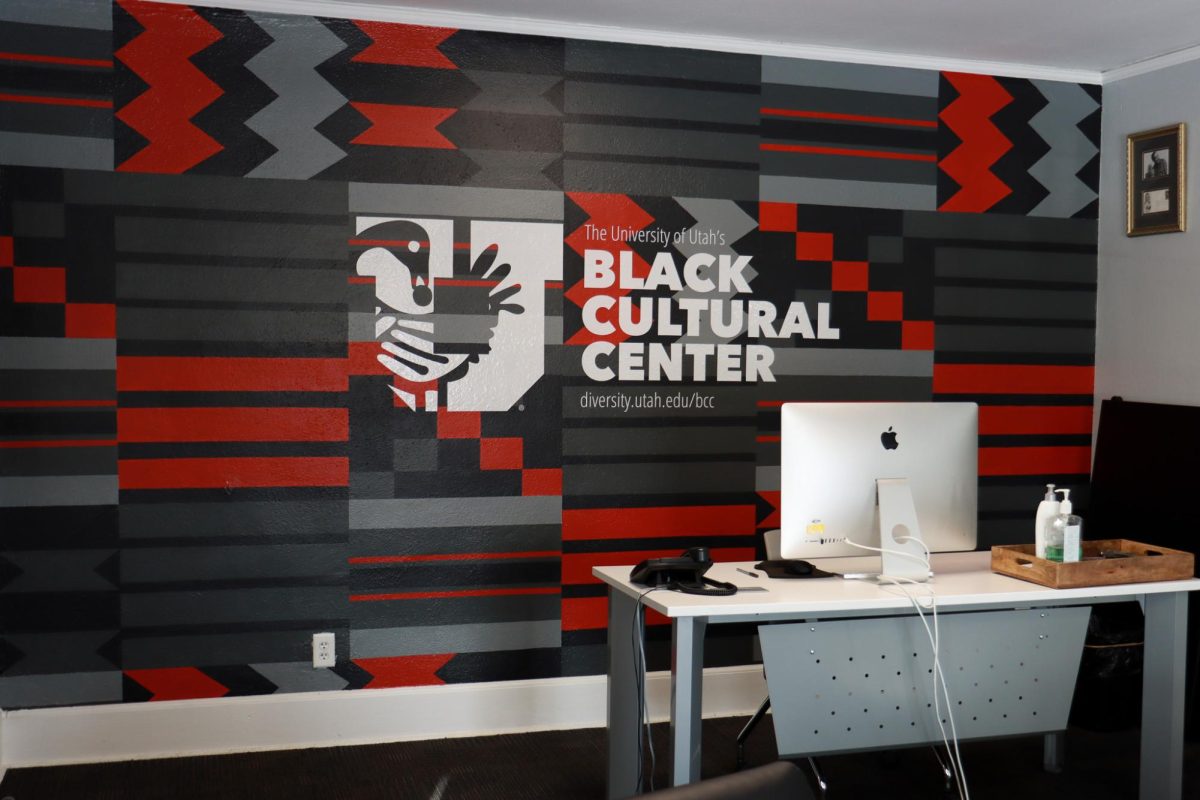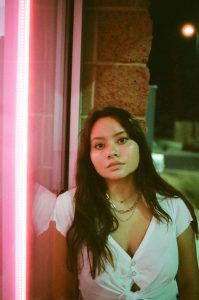The University of Utah is a school with many astonishing programs, clubs and organizations. But despite the variety in its majors and social scene, the U isn’t quite as diverse as it seems.
The U is a predominantly white institution, with white students making up 62.9% of enrollment. About 1.28% of students of the U are either Black or African American. With a school made up of over 34,000 students, many non-white students struggle to find a sense of belonging. Luckily, groups like the Black Cultural Center work to create a supportive, enriching and welcoming home on campus with these students in mind.
The Black Cultural Center
The BCC was first established in February 2019 as a resource to help Black students seeking support and guidance when pursuing higher education. The BCC is made up of a small team with Meligha Garfield, the director, alongside Sara Cody and Ephraim Kum. Their compact size doesn’t take away from the important message and meaning of their organization, though.
The BBC website defines their message clearly: “Through research, education, and service this center will promote and explore race/racism, social justice, cross disciplines, community connections, centering the Black voice, leadership, and the larger African diasporic community.”
A Deep Dive
I had the pleasure of speaking to Kum, a member and program coordinator at the BCC. Kum explained the BCC exists “to support students, staff, faculty as well as the broader community,” through advocacy and executing “high impact programs, culturally affirming programs, identity programs,” and more.
Kum is the program coordinator for the Male Success Initiative. The program was created to help develop academic success and help Black, Pacific Islander and Native students explore their identities.
“Nationwide, especially at predominantly white institutions, there’s, unfortunately, a trend of male identifying students of color kind of falling behind in terms of graduating, staying retained in school as well as finding postgraduate success after they graduate,” Kum said. “The program was created to adjust those needs.”
Kum added these challenges, especially for male-identifying students of color, come from feeling like they don’t belong or not having proper access to resources to stay in school. Helping students feel free from stigmas and find a comfortable, safe space on campus was one of the major driving forces in creating the BCC.
As a psychology major, I couldn’t help but wonder if the BCC has any mental health programs dedicated to those students. Kum said that while they don’t have a specific program that aids students in mental health, it is integrated within most of their programs. Within the Male Success Initiative, “Barber Talks” bring therapists and barbers together to provide free haircuts and mental health services to U students. The event was created with the Center for Campus Wellness and the University Counseling Center.
“We bring barbers to campus to provide free haircuts for any students that want one and there is also a mental health discussion component within that,” Kum said. “This is all with the goal of bringing an atmosphere and environment when students typically go to the barber shop, where they are getting more than a haircut and can talk about anything with their barber.”
Future Prospects
As the BCC enters a new school year, the team hopes to continue its programs and improve its outreach.
“We are coming up on our fifth year of existence, which is exciting!” Kum said. “I think our goal for this year and future years is continuing to establish and expand upon our program and initiatives, and hopefully being able to expand our team as well because there is a lot that can be done.”
The BCC is a welcoming center for students of many backgrounds and cultures. If you are someone struggling to find a community or feeling at home in the U, the BCC is the perfect place to get started with unlimited resources. Check out their website at diversity.utah.edu/bcc and on Instagram @uofubcc.




